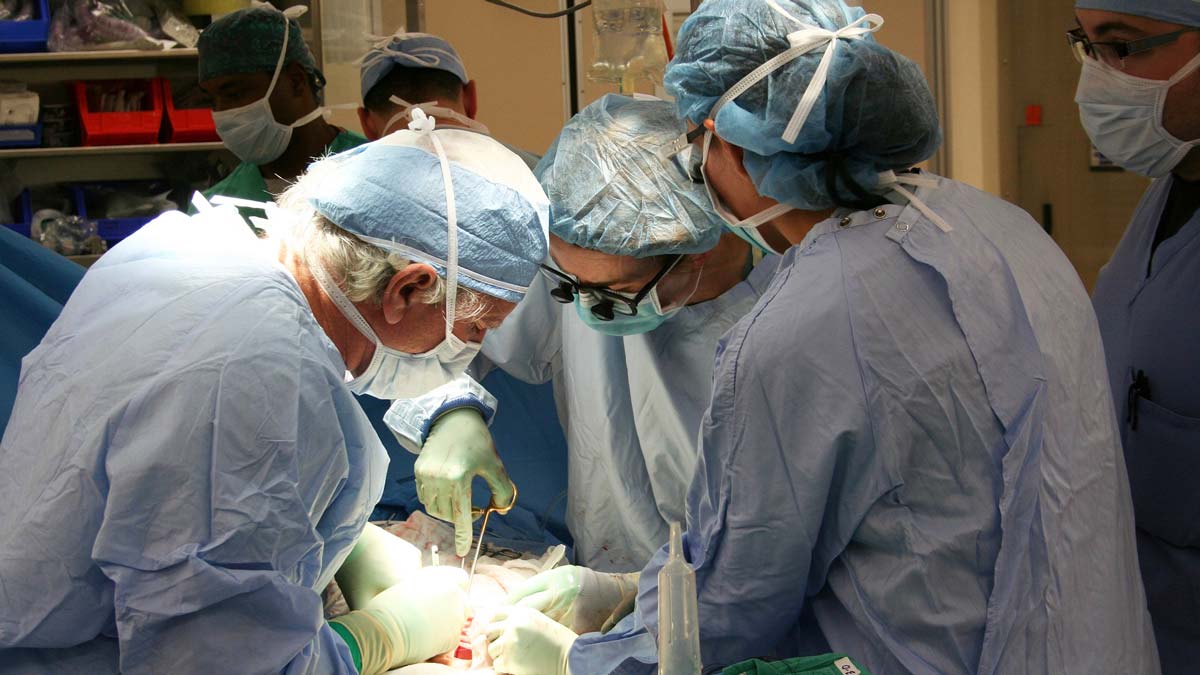Study finds a potential protector against aftereffects of a mild heart attack on metabolism
Clinical research has shown that when someone has a mild heart attack, they are more likely to develop insulin resistance and glucose intolerance, which makes them more susceptible to having a second heart attack.
A research study, led by author Kristin Stanford, PhD, associate professor of physiology and cell biology at The Ohio State University College of Medicine, shows that when mice are transplanted with brown adipose tissue, heart attack-induced glucose intolerance is negated. The findings suggest that brown fat transplant prevents type 2 diabetes risk factors.
“These findings are significant,” says Dr. Stanford, whose lab is based in Ohio State's Davis Heart and Lung Research Institute. “And encouraging for scientists who hope to apply the so-called "good" fat's beneficial properties to drugs that can help prevent health problems.
Read more about how brown fat – or adipose – tissue "talks" to other tissue in the body in ways that affect a variety of metabolism-related processes (external link).



